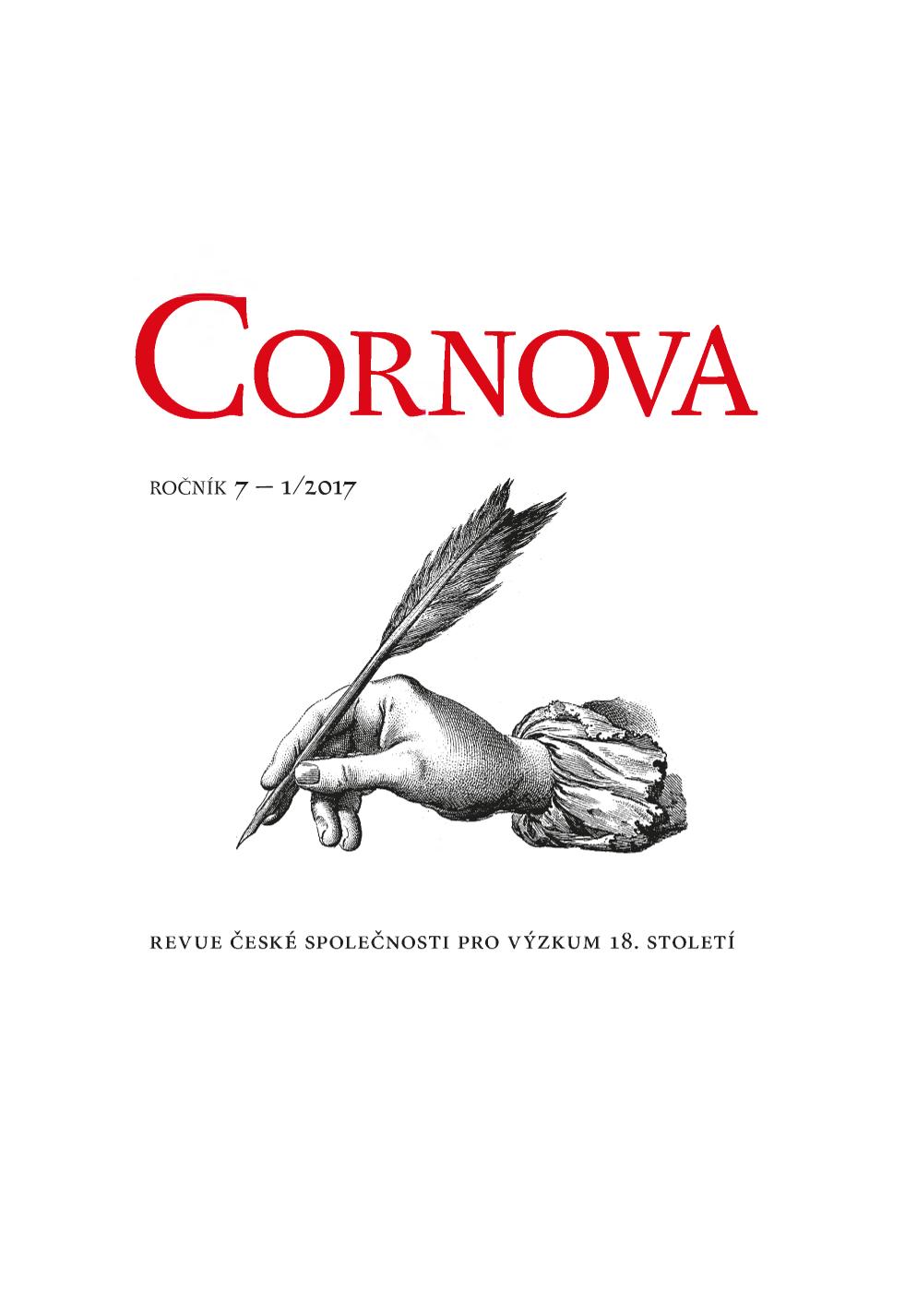Duchovní život českých sympatizantů obnovené Jednoty z Husince u Střelína v dlouhém 18. století, popsaný na základě ojedinělého rukopisného pramene
Spiritual Life of Czech Sympathizers of the Herrnhut Unitas Fratrum from Husinec near Strzelin in the Long 18th Century, Described according to a Unique Manuscript Source
Author(s): Alena A. FidlerováSubject(s): Christian Theology and Religion, Cultural history, Social history, 18th Century, 19th Century, Migration Studies
Published by: AV ČR - Akademie věd České republiky - Ústav pro českou literaturu
Keywords: Czech non -Catholic emigration; long 18th century; Herrnhut Unitas Fratrum; Pietism; manuscript culture; sermon; translation; Ludwig Hofacker; Christian Ferdinand Wunderling;
Summary/Abstract: The article tries to characterise the spiritual life of a group of members of the Czech Re-formed exile community in Husinec near Strzelin in Silesia at the turn of the 18th and 19th century. It starts with a detailed analysis of a unique manuscript miscellany written there by certain senior Bureš in 1833 and containing Czech translations of various German texts, mostly sermons (especially of the famous Pietistic preacher Ludwig Hofacker), but also travel diaries of Herrnhut missionaries in North America and Greenland from the 1770s, translated by a certain J. S., probably the former local teach-er Jan Sovák. It identifies both the scribe and the translator as diaspora sympathizers of the Herrnhut Unitas, striving to supply for themselves and other members of their community spiritual texts suit able for reading aloud during their worship. As a possible model for the miscellany, the article identifies Gemeinnachrichten, the German manuscript periodical of the Unitas, which also combined sermons with missionary reports and diaries and was accessible to a limited extent to diaspora sympathizers. Finally, the article characterizes the spiritual life of the Husinec diaspora as rather eclectic, but capable of active reception of various Pietistic spiritual impulses, partly, but not exclusively emanating from the Unitas. This seems to support the thesis that Early Modern Czech non -Catholic exile played an important role in the Czech -German literary, cultural and religious relations.
Journal: Cornova
- Issue Year: 07/2017
- Issue No: 01
- Page Range: 99-122
- Page Count: 24
- Language: Czech

